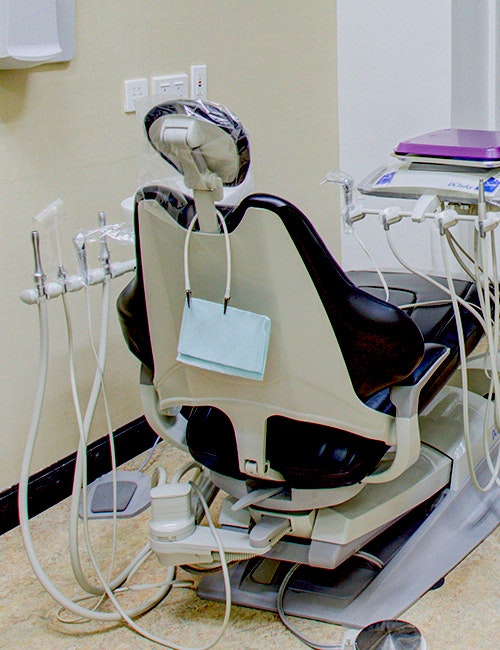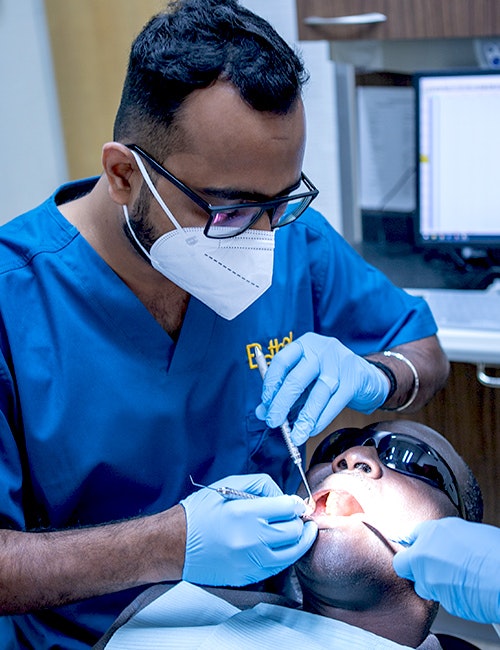
Bethel Dental Clinic
Bethel Dental Clinic is a comprehensive dentistry practice committed to high-tech treatment and top-of-the-line service. As the official dental provider for the Ghana National Soccer Team, we have a reputation for creating beautiful, healthy smiles. We go above and beyond for patients by providing:
- In-House Financing
- Emergency Dental Care
- Advanced Digital Technology
- Same-Day Restorations
- And More
Contact our office today to get started on treatment. You can reach us online, or by calling (233) 030-277-1155.








